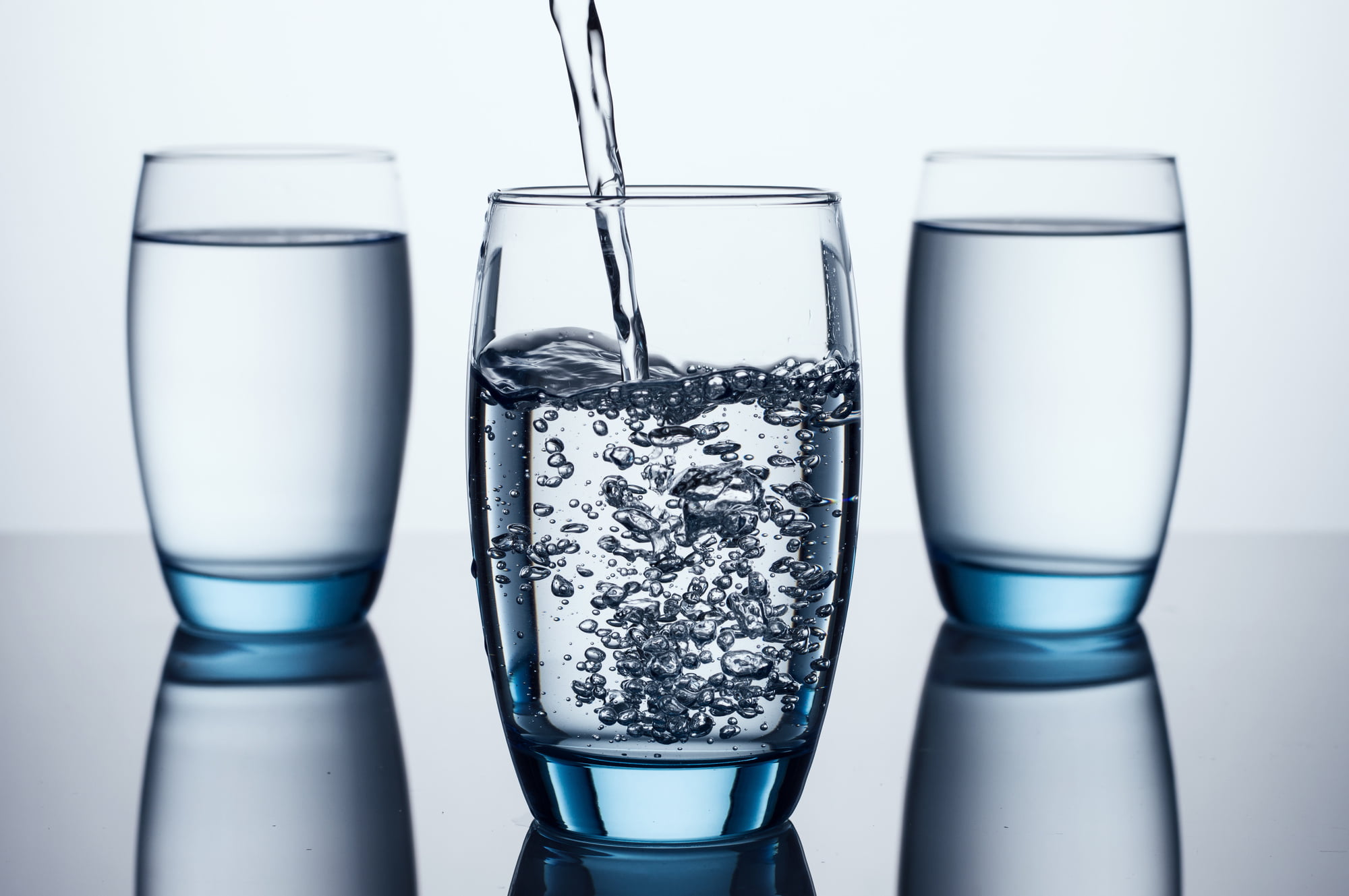When you’re in an emergency, finding clean water can be burdensome. If you’re looking for a solution that you can use for a crisis, creating a DIY filter is an option. But how do you make a water filter at home?
What are some of the best ideas to do it? Is it better to buy a water filter near me instead of ordering somewhere else?
If you don’t want to drop cash on a new filter, continue reading for ways to make your own. Let’s get into it!
Gathering the Necessary Materials
DIY water filters are relatively easy to create and require minimal materials. Before starting, it is important to collect the required materials, such as:
- Container with a kid or bucket
- Some wire cutters
- A saw
- Glue or sealant
- An empty plastic bottle
- A few feet of metal or plastic mesh
- Activated charcoal
- Gravel and sand
You will also need some water-tolerant sealant to put your filter together. Additionally, make sure to acquire the best quality materials you can, as these will be what purifies the water.
Finally, take your time to research and compare prices to find the materials most suitable for your needs.
Assembling the Filter
Assembling the filter is a straightforward but crucial step in making sure your water is safe and clean. You will need some basic supplies to do the job, like a filter, a large container, a drill, a hose clamp, and a connection piece.
First, attach the filter to the container using the hose clamp. Next, secure the filter and container together with the drill. Finally, attach the connection piece to the filter and attach it to your water source.
Keep in mind that the filter will need to be replaced regularly to remain efficient in filtering your water. Check out Berkey water filter Canada to ensure you have access to clean, safe drinking water.
Testing the Filter
This process will vary depending on the type of filter you intend to use. For a mechanical filter, this may involve testing the flow rate of water passing through or checking for clogging.
If a chemical filter is being used, it is important to see if it’s able to clear out any metals or sediments from the water. Lastly, a bacterial filter may need to be tested to verify the presence of bacteria.
Overall, testing it properly is crucial for proper operation and the best outcome.
Troubleshooting for Filter Issues
Testing the filter first will help you determine whether it is working perfectly, or if it needs to be replaced. To do this, start by running water through it and collect the water in a bowl so you can inspect it.
Additionally, you have to take note of the amount of sediment and other impurities that were removed. If you notice that the water is still cloudy or contains more sediment than you expect, it could mean that the filter is not working accurately.
If this is the case, it is best to replace or upgrade to a better filter.
Get a Water Filter Near Me Today
Testing the filter for a DIY water filter is an important part of the process. With careful attention and patience, you can easily make a water system that’ll suit your needs.
Don’t forget to regularly monitor the filter, as it is essential to keep it running optimally! Try it out and see the power of choosing a water filter near me!
Did you find this article helpful? Check out the rest of our blog now!




